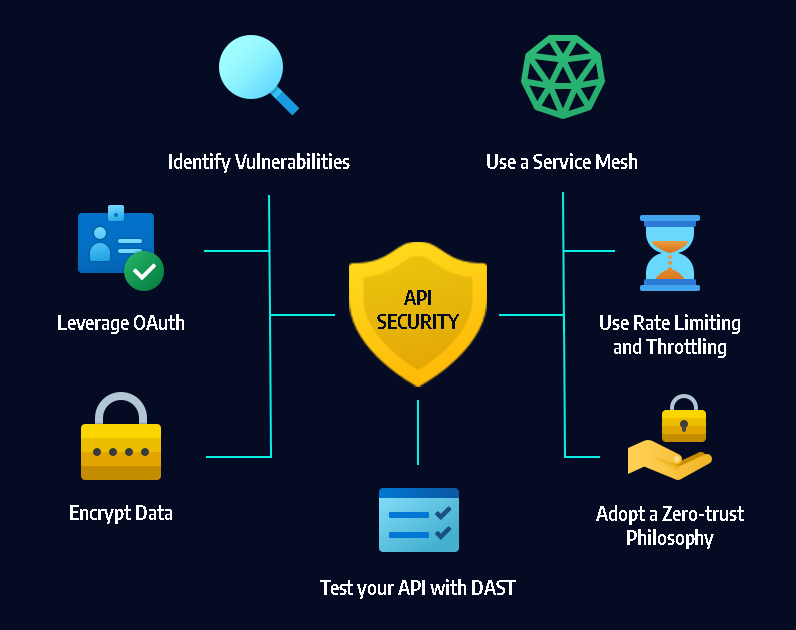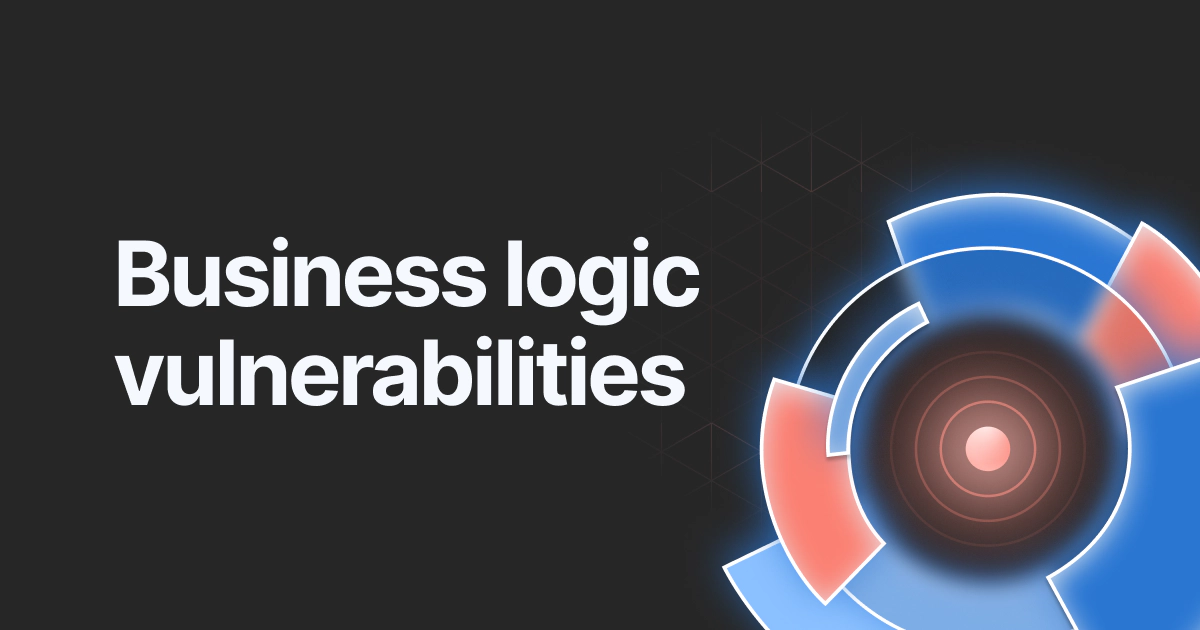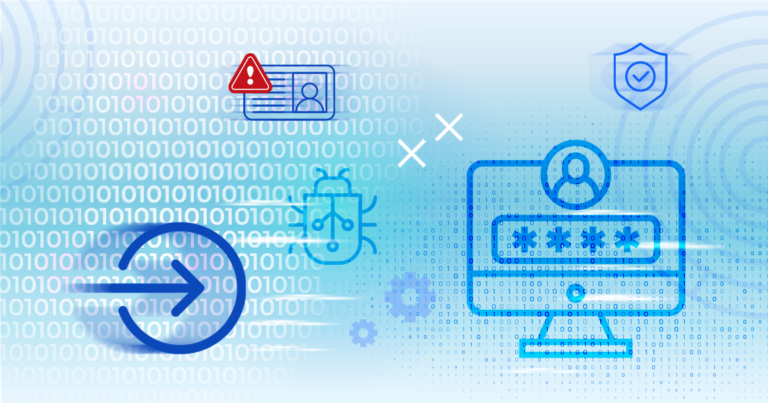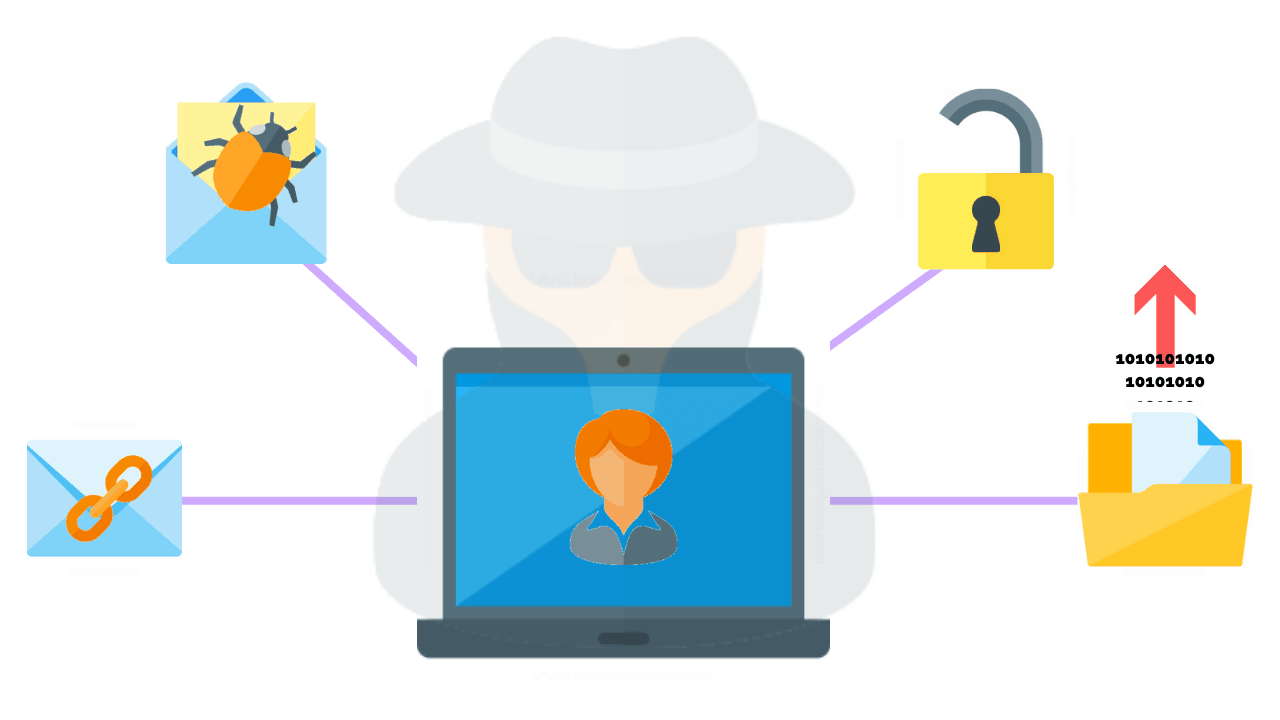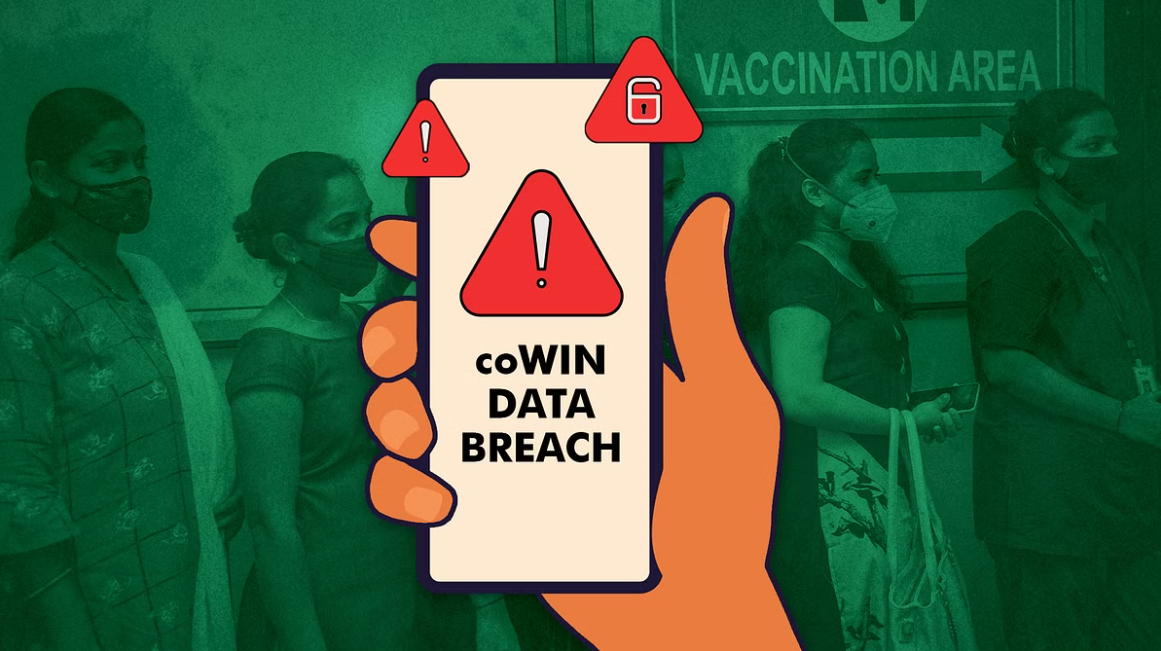
A major data breach has exposed the personal data of over 100 million Indians who have been vaccinated against COVID-19. The data, which was reportedly leaked from the CoWIN vaccination registration system, includes names, addresses, phone numbers, Aadhaar numbers, and vaccination status.
The leak was first reported on Telegram, a messaging app, by a user who claimed to have access to the CoWIN database. The user shared screenshots of the data, which showed that it included the personal information of millions of Indians.
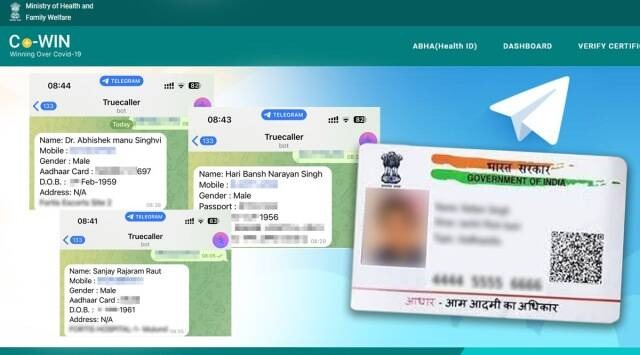
The Indian government has confirmed the breach and said that it is investigating the matter. The government has also offered free credit monitoring to those whose data was exposed.
The data breach is a major privacy violation and could have serious consequences for the people whose data was exposed. Criminals could use this information to commit identity theft, fraud, or other crimes.
Here are some tips for protecting yourself from the fallout of the CoWIN data breach:
Monitor your credit report for any suspicious activity.
Be careful about what information you share online.
Use strong passwords and change them regularly.
Be aware of phishing scams and don't click on links or open attachments from unknown senders.
You can also take steps to improve your overall online security, such as using a VPN, enabling two-factor authentication, and being careful about what apps you install on your devices.
The CoWIN data breach is a reminder of the importance of protecting your personal data online. By following the tips above, you can help to protect yourself from the risks of data breaches.
How the Data Breach Was Reported on Telegram
The data breach was first reported on Telegram, a messaging app, by a user who claimed to have access to the CoWIN database. The user shared screenshots of the data, which showed that it included the personal information of millions of Indians.
The user who reported the data breach on Telegram is believed to be a security researcher who was able to access the CoWIN database by exploiting a security vulnerability. The vulnerability has since been patched by the Indian government.
The data breach was a major security incident and has raised concerns about the security of the CoWIN vaccination registration system.
Government Denial of the Breach
The government and health ministry have denied the data breach, but there is evidence to suggest that it did occur. For example, the user who reported the breach on Telegram shared screenshots of the data, which showed that it included the personal information of millions of Indians. Additionally, the Indian Computer Emergency Response Team (CERT-In) has issued an advisory warning about the breach.
The government's denial of the breach is concerning, as it could be a sign that they are not taking the issue seriously. It is important for the government to be transparent about the breach and to take steps to protect the data of its citizens.
